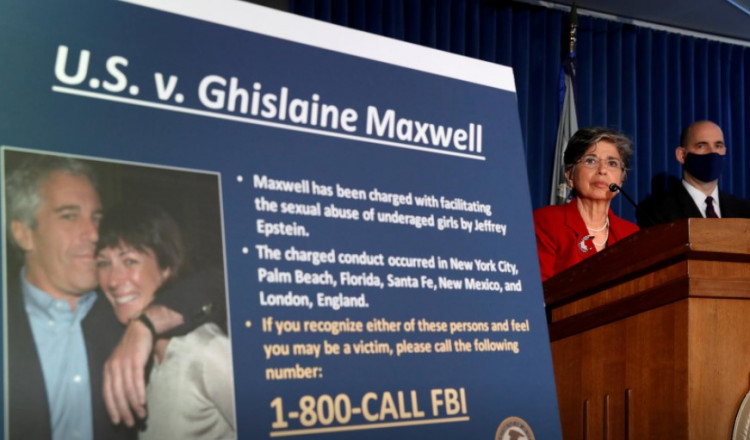Ghislaine Maxwell's incarceration has drawn renewed scrutiny after a Bureau of Prisons whistleblower alleged she is receiving privileges not afforded to other federal inmates, including opportunities to "cuddle" with a prison service dog. The claims surfaced following Maxwell's transfer from a Florida detention center to the federal prison camp in Bryan, Texas, and have prompted new debate about whether her high-profile status continues to influence her treatment.
Maxwell, who is serving a 20-year sentence for recruiting minors for Jeffrey Epstein, has long faced criticism from victims' advocates and lawmakers who argue she has been shielded from the harsher conditions typical of federal custody. Insiders cited by the whistleblower say Maxwell's routine includes interacting with a dog and other comforts associated with the Texas facility, known informally as "Camp Cupcake" for its comparatively lenient environment.
The reported privileges stand in stark contrast to her earlier confinement in Florida, where conditions were described as stricter and more isolating. Critics argue that the alleged perks reinforce suspicions that Maxwell remains insulated by her former social stature and network. Officials familiar with federal prison policy note that access to service animals is extremely limited across institutions and rarely extended as a personal benefit.
Legal developments surrounding Maxwell have intensified alongside the controversy. Her defense team plans to file a habeas petition in New York, asserting that prosecutors improperly withheld indictment material and that jury-selection procedures were compromised. They point to a juror who allegedly failed to provide accurate questionnaire responses as a central flaw in the trial process.
Maxwell's brother, Ian Maxwell, has accused authorities of "unauthorised publication of privileged correspondence," arguing that leaked emails undermined his sister's legal strategy and distorted her intentions. He maintains that, despite the disclosures, Maxwell cannot seek sentence reductions or presidential involvement until her appeals conclude. Supporters say the upcoming filings will highlight what they view as significant constitutional violations.
The leaked communications have also stirred political tensions in Washington. Democratic Rep. Jamie Raskin argued that the released material was intended "to embarrass former President Biden and other senior officials," framing the controversy as an attempt to weaponize Maxwell's case for partisan gain. The dispute centers on a six-page letter discussing political figures and references to presidential pardons, prompting renewed debate about the intersection of criminal proceedings and political messaging.
Maxwell herself has described her experience in vivid terms, writing that she felt she had been "dropped through Alice in Wonderland's looking glass," reflecting what she characterized as the surreal nature of her confinement. She claims her life behind bars consists of rigid structure punctuated by what the whistleblower called "perks," and maintains that her conviction was "tainted by misconduct." She has vowed to continue appealing until "every right is recognised."
Her future now rests on the outcomes of ongoing challenges and growing examination of her treatment within the federal system.






